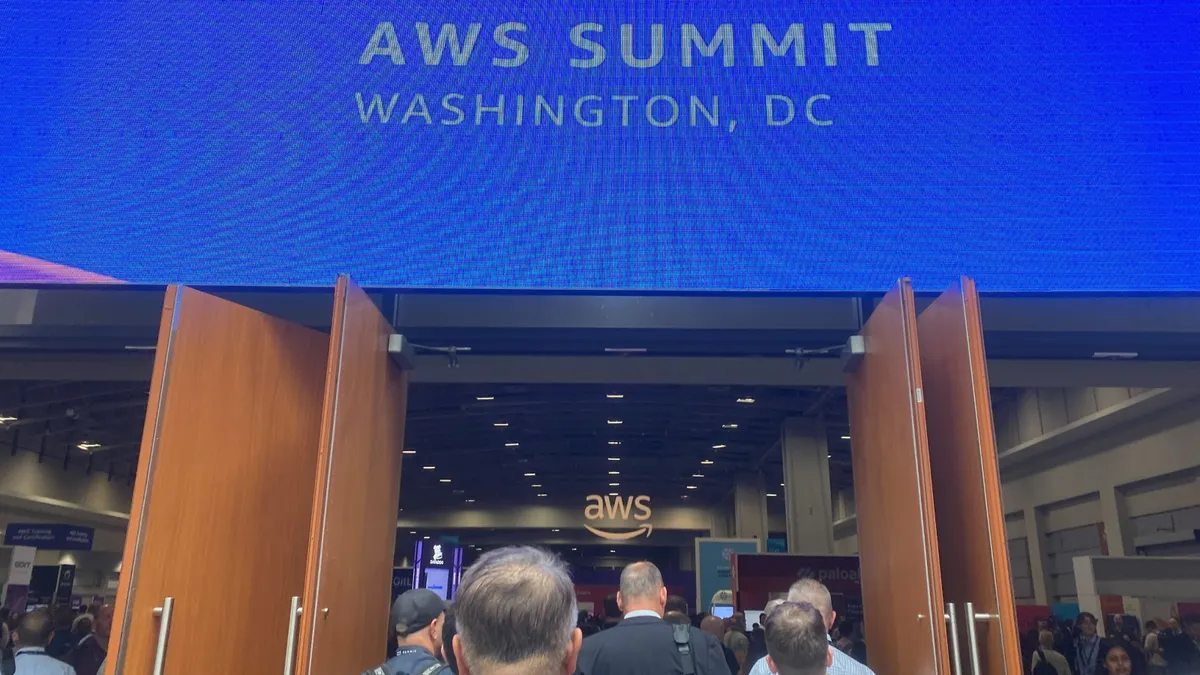Dive Brief:
- AWS added a new category to its marketplace to make it easier find and deploy agents in the enterprise, the company said Wednesday during its Summit in New York.
- Enterprises can access, discover and deploy the agents, as well as third-party guardrails and other services to support implementation, via the consolidated platform. Customers can now filter through listings to find specific results, such as agents that align with open standards.
- AI agents purchased through the marketplace can be rolled out using a new set of services called Amazon Bedrock AgentCore, which AWS said eliminates complex integration work. The service is currently in preview.
Dive Insight:
Amid a vendor push for agentic AI adoption, AWS wants to make it easier for customers to find and deploy agents using its updated platform and tools.
Businesses are showing interest in agentic applications, but most have run into an array of adoption challenges, from integration difficulties to technical maturity gaps. Easing access to a wide range of agents, services and guardrails could smooth some of the hiccups.
Marketplace-style offerings have proved beneficial in the race to deploy AI, as cloud giants give customers a variety of models that can be fine-tuned or tweaked using their platforms. AWS said nearly all of its top 1,000 customers had at least one active marketplace subscription last year.
“AWS Marketplace provides a centralized discovery experience with standardized procurement processes and deployment options that help organizations more efficiently evaluate, purchase, and implement AI agents across their business — addressing a critical need as companies seek to accelerate their adoption of agent technologies without accumulating technical debt,” Holger Mueller, VP and principal analyst for Constellation Research, said in a blog post.
The influx of agents to AWS Marketplace comes a few months after the company's top hyperscaler competitors announced similar offerings.
Microsoft introduced its Agent Store in May, launching with more than 70 agents. In April, Google said it was growing a dedicated agent section within its Google Cloud Marketplace to enable easier browsing and purchasing of the tools.
Enterprises are taking a hybrid approach to agent deployment with most building on infrastructure platforms and leveraging capabilities embedded in existing core applications, according to a Cloudera survey. Businesses, however, still have questions.
CIOs are sifting through the noise to determine which agent platforms — and providers — to invest in for long-term success, according to Matt Kropp, a core member of Boston Consulting Group's marketing, sales and pricing, social impact, and technology, media and telecommunications practices.
“The conversation I'm having with clients is they're saying ‘We're on XYZ CRM system, but we're also on this hyperscaler for our cloud, and we're also using this vendor for the LLM, and they're all going to have agent platforms: Which one should I pick and where should I build my agents,’” Kropp told CIO Dive.















